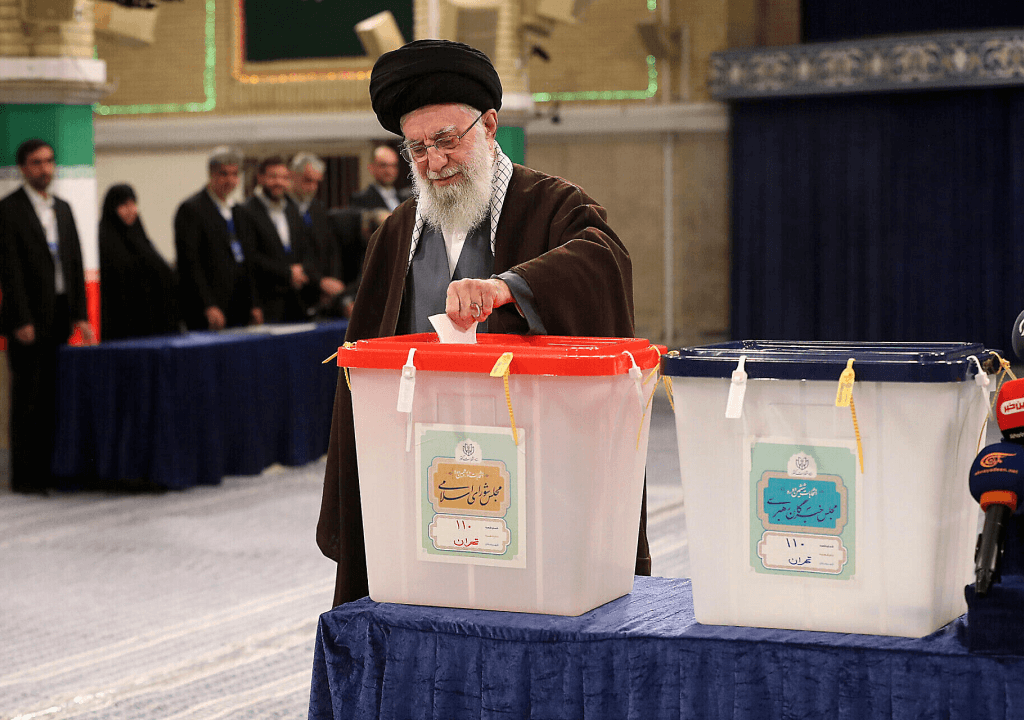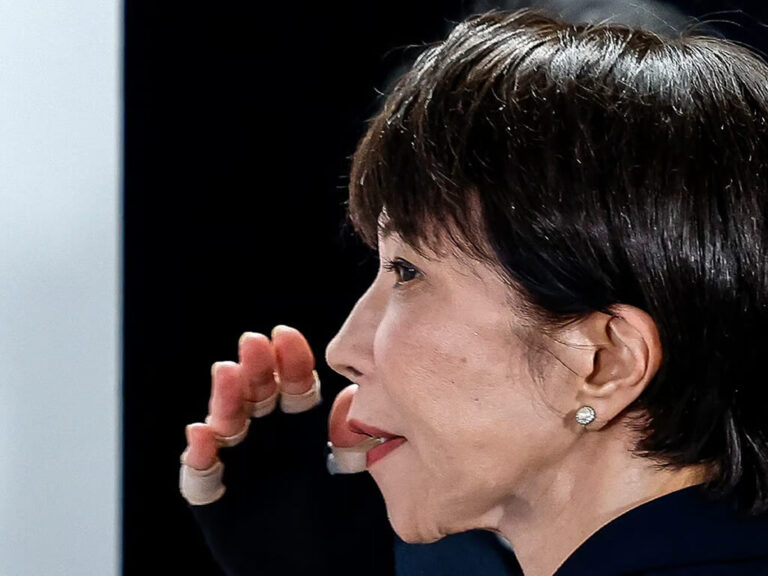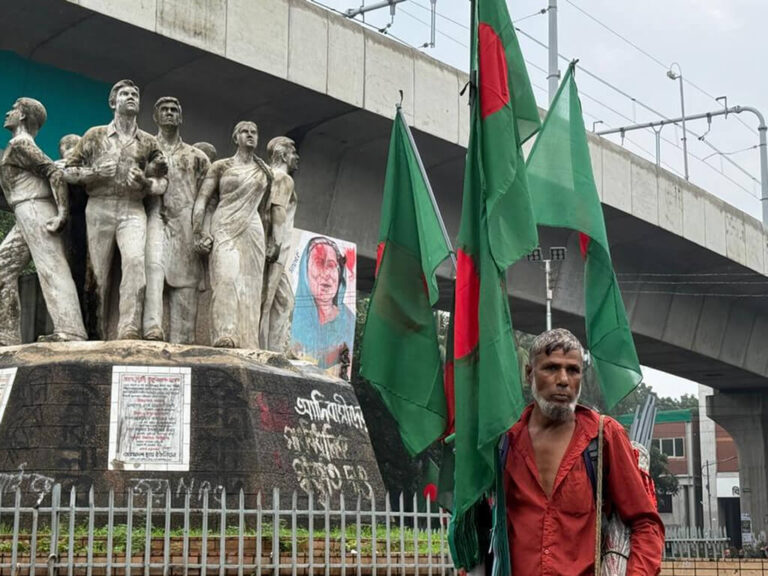The Islamic Republic of Iran is now holding elections for the legislative assembly and the Assembly of Experts. Sixty-two million eligible voters are ready and willing to carry out their civic duties on Friday. Starting at 8:00 a.m. local time, the event is scheduled to last for ten hours. However, historical trends suggest that voting hours may be extended until midnight, just as they have in prior elections.
The candidates are obtained by passing through high refinement processes. There are a lot of criteria to contest in the election. Interestingly even though there are tight restrictions to contest, About 15,200 individuals are running for the 290 seats, which is unusual. Candidates face disqualification if found actively supporting the Shah, endorsing political parties or organizations considered illegal, facing charges related to anti-government activities, converting to another faith, renouncing the Islamic faith, being convicted of corruption, treason, fraud, bribery, involvement in drug-related activities, or violating Sharia law. Additionally, candidates are ineligible if they played a role in the pre-1979 government, possess significant land holdings, have a history of drug addiction, hold convictions for actions against the state, or have been charged with apostasy. These stringent criteria underscore the complex eligibility standards aimed at ensuring the suitability and alignment of candidates with the Islamic principles and the state’s interests.
And Islamic Republic’s election is very interesting because of its lower turnouts. And this time there are a lot of reasons for the lower turnouts. People’s interest in this ceremonial election is very low, questioning even the essence of democracy. A low turnout, reflective of a populace disenchanted and losing hope. The aftermath of Iran’s severe crackdown on protesters, resulting in numerous casualties, injuries, arrests, and even death penalties, has cast a shadow over the political and social milieu. Consequently, the atmosphere has grown more repressive, fostering widespread dissatisfaction among the public. Millions of Iranians, according to many observers, have given up on the idea that the country’s governing mullahs can pull out of an economic catastrophe brought on by a confluence of corruption, incompetence, and U.S. sanctions. Many Iranians may stay at home due to popular outrage about declining living conditions and widespread corruption, even if establishment loyalists are expected to favor hardline candidates.In recent months, the cost of staples including bread, pork, rice, and dairy products has soared. About 40% is the official inflation rate. Over 50% is what analysts and insiders estimate. Since the presidential elections in 2021, the national currency has depreciated sharply against the dollar on the open market. Housing costs have risen, motorists’ fuel quotas have been reduced and prices for internet services increased. The economic pain, blamed by the ruling conservatives on the former administration, has earned the government criticism from all sides. And in the weird political landscape of Islamic Republic, people doesnt have another option, just vote to satisfy the authority’s watch dogs, or be brave and stay out of polling.
Recent polls conducted by the state television channel indicate a projected national turnout of 41.5%, while a survey from Ispa, a semi-official polling agency, estimates a slightly lower turnout at 38.5%. The conservative establishment’s decision to exclude moderates and reformists from standing within the regime’s ranks during President Ebrahim Raisi’s 2021 election contributed to a turnout below 50%—a departure from the trend observed since the 1979 Islamic revolution.
Critics, particularly reformists, characterize the elections as “meaningless, non-competitive, unfair, and ineffective in the administration of the country.” This sentiment underscores the prevailing disillusionment with the current state of Iran’s governance. The Twitter hashtags #VOTENoVote are being actively disseminated on social media by Iranian activists and opposition groups, who contend that a high voter turnout will validate the Islamic Republic. Hardliners and subdued conservatives who all pledge allegiance to Iran’s Islamic revolutionary ideals will face off in Friday’s poll, which has been boycotted by mainstream moderates and conservatives and dubbed an “unfree and unfair election” by reformists. On the international front, U.S. spokesperson Matthew Miller underscored that a significant portion of Iranians harbors no expectation of a free and fair electoral process. He further highlighted the long-standing perception of Iran’s political system as featuring undemocratic, non-transparent administrative, judicial, and electoral systems. The global awareness of these systemic issues amplifies the stakes of the ongoing elections, casting a critical spotlight on Iran’s political trajectory and the public’s perception of its leadership.
In this occasion call for boycotts , The Supreme Leader of Iran, Ayatollah Ali Khamenei, who has been in power for more than 30 years, urged Iranians to cast ballots on Thursday. He claimed that abstaining from voting “would not solve anything”. State media broadcast numerous election specials and launched new channels to feature candidates in an effort to boost voter turnout and excitement in the lead-up to the polls. State media broadcast numerous election specials and launched new channels to feature candidates in an effort to boost voter turnout and excitement in the lead-up to the polls. Though a state-affiliated polling firm is predicting a 41% turnout for the parliamentary elections.
In the current electoral proceedings, the landscape is such that the outcomes may not instigate any substantive alterations within the nation, nor do they appear poised to address consequential political ramifications. Despite this, the election holds a heightened degree of fascination, primarily due to its potential role in determining the successor to Khomeni. This figure, vested with the comprehensive authority to shape policies and function as the country’s commander in chief, presides over a nation characterized by a volatile stance towards its neighbors and the United States.
It is noteworthy that the Parliament, in the broader context, wields limited influence over foreign policy and Iran’s nuclear agenda. The prevailing sentiment is one of disinterest and non-participation, characterizing this electoral episode as yet another Asian drama that seems to mock the essence of democracy. Perhaps, this lukewarm response can be interpreted as a reflection of people’s resentment towards the challenges of life, the formidable economic situation, and the widespread protests that ensued following the tragic demise of Mahsa Amini. Just another electoral act for the sake of an election, nothing more.








